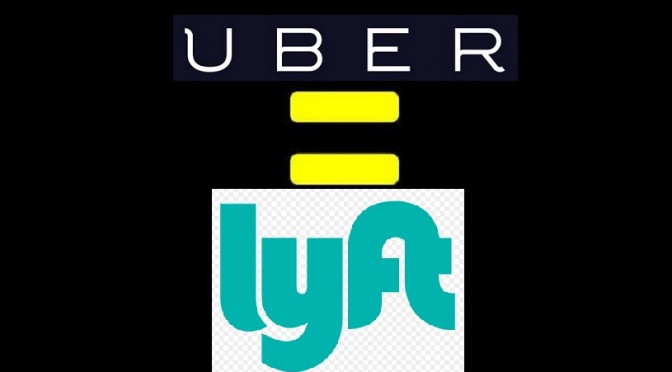After a long and heated battle, Uber and Lyft can finally operate legally in Houston. Here’s the story from Doug Begley of the Houston Chronicle…
It took 16 months, but Houston officials Wednesday finally found acceptable regulations to corral the changing paid ride industry.
By a 10-5 vote, with two council members absent, City Council approved new paid ride rules, amending the existing Chapter 46 that covers everything from taxis and limos to jitneys and airport shuttles. The changes open up Houston, legally, to new entrants like Uber and Lyft that use smartphone apps to connect willing drivers with interested riders, using the driver’s personal car.
This was a very public, brutal battle waged on both sides, and as such for the “losing side” in Council chambers, emotions were high. After the vote, one cab driver even took his operator license, threw it on the floor and stomped on it right over the city seal. Clearly many in the taxi industry are upset and fearful of how to make their living in the city’s new transport landscape. But there were some silver linings.
Noah M. Horwitz, public relations consultant for Yellow Cab, released this statement on the newly- amended Chapter 46…
“We’re pleased with the comprehensive reforms that passed today at City Hall. While we did not get all that we wanted, neither did our opponents. And most of the new reforms, such as strenuous insurance and drug testing requirements, benefit the consumer most of all.
Furthermore, the biggest barrier to competition between the cab companies and Uber/Lyft has been removed. Now that taxis can variably price in a similar manner to Uber/Lyft, we can effectively compete with them on financial grounds while still providing a superior service.”
With fares now on an equal playing field, all TNCs can compete for Houston business fairly. At the end of the day, this point is a compromise that should be acceptable to all.
Council admitted that there are still many issues to work out regarding rides for people with disabilities. But rather than delay legislation any further, They chose to create a Disability Task Force set to report and discuss problems as they arise. The group will meet within a year, compile any concerns and bring them back before Council. In the mean time, all TNCs are required to diversify their fleet so that a larger share of vehicles will be available to disabled riders. This is a large step forward for all Houstonians because it increases choice and competition for affected persons, while lessening the burden of services like METRO Lift and Harris County Transit.
Like any major change, there are going to be hurt feelings and uncertainty while new regulations get implemented. But Houston has never been a city driven by fear and complacency. With a new, modernized Chapter 46 in hand, the Bayou City is finally read to hit the road again.
